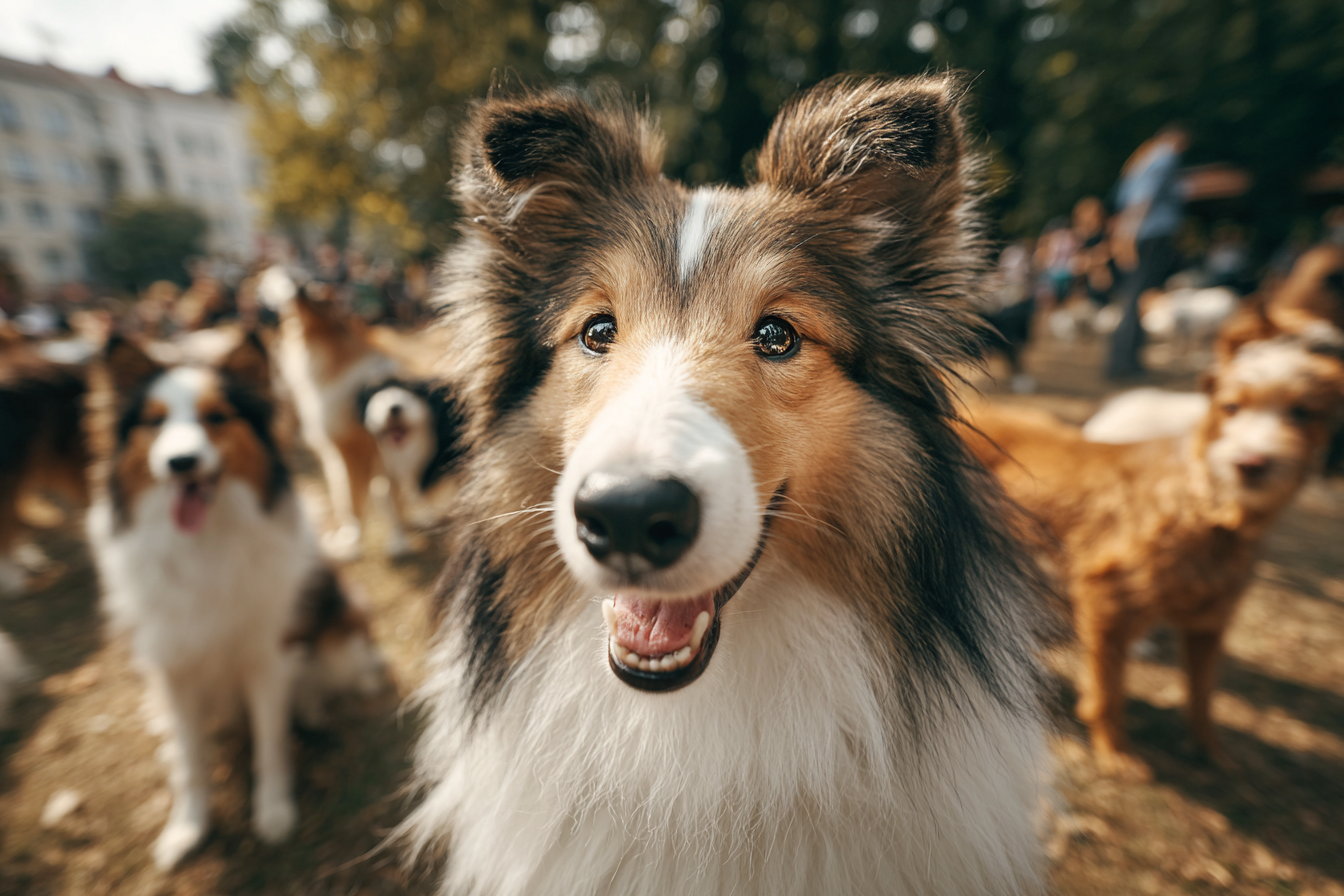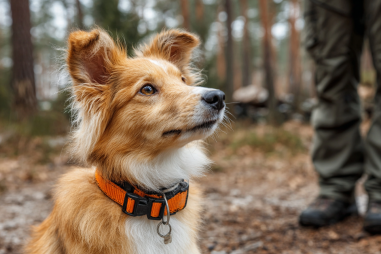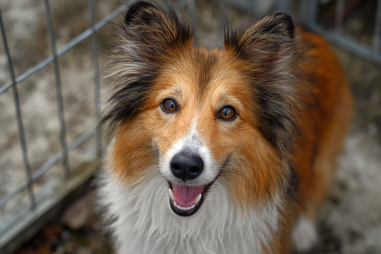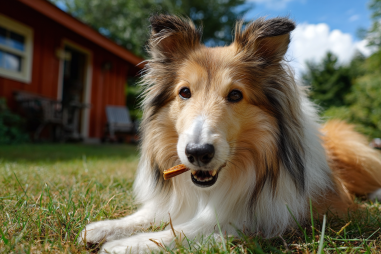The Shetland Sheepdog, affectionately known as the Sheltie, is a charming and intelligent breed known for its loyalty and agility. To help your Sheltie develop into a confident and well-mannered companion, early and ongoing socialization is essential. Proper socialization introduces your Shetland Sheepdog to a variety of people, places, sounds, and experiences in a positive way, setting the foundation for a happy and balanced life. In this article, we will explore practical socialization tips that will help your Sheltie thrive both at puppyhood and as an adult.
Why Early Socialization Is Important for Shetland Sheepdogs
Socialization plays a crucial role in shaping your Sheltie’s temperament and behavior. Puppies that are exposed to new stimuli during their early developmental stages tend to grow into well-adjusted adults who are comfortable in different settings and with varying situations. Without proper socialization, Shelties may develop anxiety, fearfulness, or even aggression toward unfamiliar people, dogs, or environments. Early socialization helps prevent these issues by building your puppy’s confidence and teaching them how to behave calmly and positively in novel situations.
Best Age for Socializing Sheltie Puppies
The optimal time frame for socializing a Sheltie is during the critical socialization period, which occurs between about 3 and 14 weeks of age. During this window, puppies are naturally more receptive to new experiences and less likely to develop fearful reactions. Introducing your Sheltie puppy to a broad range of exposures within this period—such as different people, various sounds, and gentle handling—can make a significant difference. However, socialization should continue beyond this period throughout adolescence and adulthood for ongoing positive development.
Creating Safe Socialization Environments
To ensure socialization is positive and safe, select environments that are controlled and free from overwhelming stimuli. Consider these settings for introducing your Sheltie to new experiences:
- Quiet parks and dog-friendly outdoor spaces
- Puppy classes or beginner obedience groups with supervised interactions
- Visits to friends and family with calm adults and children
- Walks in your neighborhood during non-peak times
- Gentle exposure to various household sounds like vacuum cleaners and doorbells
Always supervise interactions, especially with other dogs or children, and look for signs of stress in your puppy. Keeping encounters positive and short initially helps build a good association with new environments.
Techniques to Encourage Positive Interactions
Encouraging your Sheltie to enjoy social interactions requires patience and thoughtful techniques. Here are some effective approaches to try:
- Use Treats and Praise: Reward your Sheltie with tasty treats and verbal encouragement when it calmly approaches new people or situations.
- Pair New Experiences with Fun: Combine exposure to novel items or places with playtime or their favorite toys to create a positive context.
- Gradual Exposure: Introduce new stimuli slowly. For example, start with a small and calm dog before progressing to a larger or more energetic one.
- Model Calm Behavior: Dogs often mirror their owners’ emotions. Staying relaxed during socialization helps your Sheltie feel secure.
Consistency and patience are key during this process. Allow your puppy to set the pace and never force interactions that might cause fear.
Managing Shy or Aggressive Behavior
Some Shelties may exhibit shyness or even aggression during socialization attempts. Understanding and managing these behaviors effectively is vital to avoid reinforcing negative tendencies.
- For Shy Dogs: Provide gentle encouragement while respecting their limits. Use calm voices and avoid overwhelming situations. Gradual desensitization combined with positive rewards can build confidence.
- For Aggressive Responses: Identify triggers causing aggression, such as fear or territoriality, and avoid direct confrontations. Professional guidance from a dog trainer or behaviorist can be invaluable to develop a customized behavior modification plan.
- Avoid Punishment: Punishing fearful or aggressive responses often worsens anxiety. Instead, focus on creating safe, positive experiences and redirecting attention.
Socializing Adult and Rescue Shetland Sheepdogs
While early socialization is ideal, adult Shelties and rescue dogs can still benefit greatly from thoughtful socialization strategies. With patience and understanding, adult Shelties can learn to overcome fears and build social skills they may have missed as puppies.
- Begin with familiar people and environments before gradually expanding to new stimuli.
- Use positive reinforcement extensively to encourage desired behaviors.
- Be mindful of past trauma or history, especially with rescue dogs, and adjust the pace accordingly.
- Enroll in training or socialization classes designed for adult dogs to provide structured learning opportunities.
Remember, progress might be slower but consistent efforts will yield rewarding outcomes over time.
The Role of Training in Enhancing Social Skills
Training plays a pivotal role in complementing socialization efforts for your Shetland Sheepdog. Teaching basic obedience commands such as “sit,” “stay,” “come,” and “leave it” provides your dog with tools to navigate social situations safely. Training encourages communication and builds trust between you and your Sheltie, helping them respond calmly when faced with distractions or new experiences.
Additionally, puppy socialization classes and behavior workshops often combine training and socialization techniques, offering a structured environment that supports skill development. Regular training sessions after the initial socialization period ensure your dog maintains good manners and remains well-adjusted.
Ongoing Socialization: A Lifelong Commitment
Socialization isn’t just something you do once; it’s an ongoing process throughout your dog’s life. Even after your Sheltie reaches adulthood, it’s important to continue exposing them to new environments, people, and experiences. This ongoing stimulation prevents boredom, reduces the risk of behavioral problems, and deepens your dog’s sense of confidence.
Incorporate new social experiences regularly, such as attending pet-friendly events, visiting different parks, or meeting new dog friends. Keep rewarding positive interactions and be vigilant for signs of stress to adjust the approach when necessary. With consistent care, your Sheltie can enjoy a rich and socially fulfilling life.







